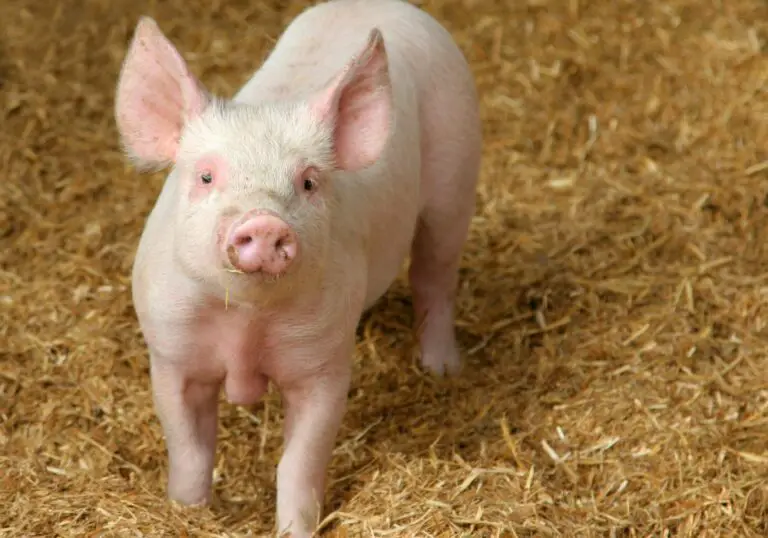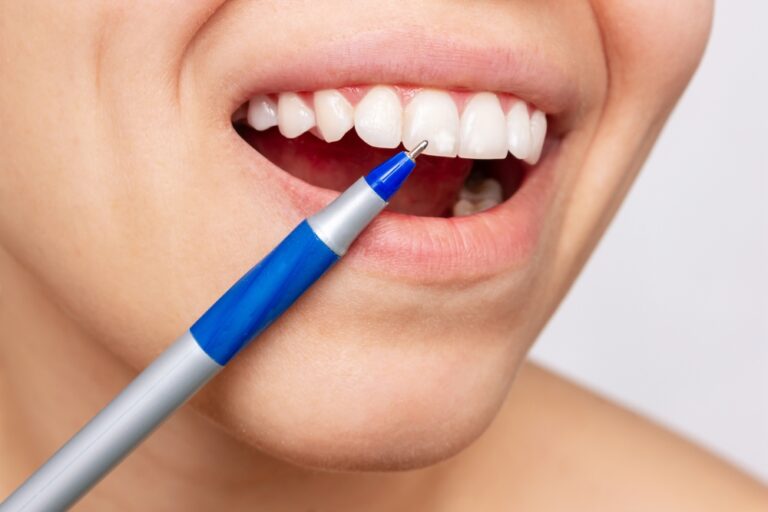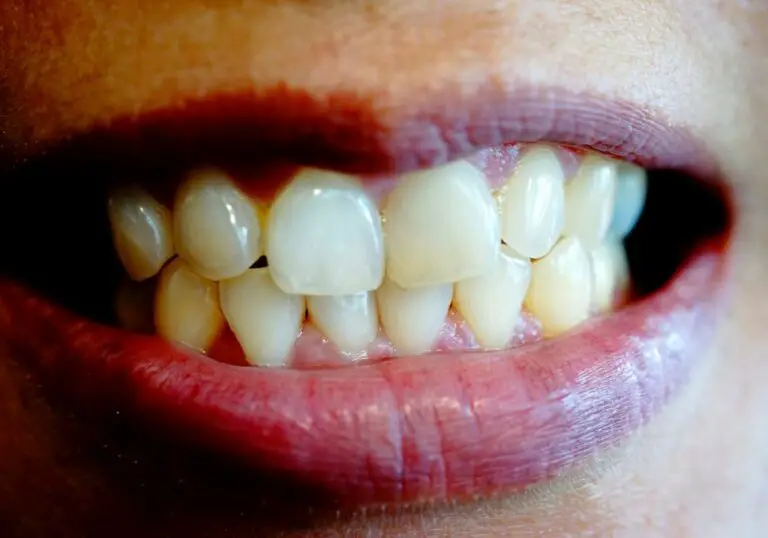As babies grow and develop in their first year of life, parents eagerly await milestones like smiling, rolling over, and sitting up. One of the most anticipated milestones is when a baby’s first tooth breaks through their gums – but when does this actually happen? Can a 1 month old baby already have teeth? Let’s take a comprehensive look at teething timelines, signs, symptoms, tips for 1 month old babies, and potential complications.
Typical Teething Timelines
While every baby develops at their own pace, there are general guidelines for when most infants will experience teething and get their first teeth:
- 3-4 months: The earliest teething may begin around 3 months, signaled by increased drooling, swollen gums, and chewing behaviors. However, actual teeth breaking through this early is less common.
- 4-7 months: Most babies get their first tooth during this timeframe. The two bottom front teeth typically emerge first, followed by the top front teeth. Teething symptoms like fussiness and mouth pain are most noticeable during this stage.
- 8-12 months: More teeth start popping through along the sides and top as well as the two-year molars in the back. Parents can expect teething symptoms on and off during this active stage.
- 13-19 months: By around a year and a half, most toddlers have a full set of 20 baby teeth. The last few molars finish coming in around 15-19 months.
Premature infants may hit teething milestones a few weeks or months later than full term babies. It’s also important to note that some children fall outside the normal ranges for getting their first tooth or a full set of teeth. Consult your pediatrician if your baby still has no teeth after 15 months or seems well behind peers in teething progress.
Can a 1 Month Old Have Teeth Already?

While very uncommon, it is possible for teething to begin as early as the first month after birth. Here are a few scenarios that can lead to teeth in a 1 month old:
- Natal teeth: Approximately 1 in every 2,000 babies are born with one or more teeth already erupted or visible under the gums at delivery. These “natal teeth” are sometimes loose and need to be extracted if they interfere with breastfeeding.
- Early eruption: In rare cases, babies experience early teething with one or more teeth pushing through the gums around 1 month old. This occurs in less than 1% of infants.
- Neonatal teeth: Teeth that erupt within the first 4 weeks after birth are termed “neonatal teeth.” They may be defectively formed and pose risks like falling out and being inhaled.
While surprising to parents, teeth present at birth or at 1 month are not necessarily problematic on their own. However, they do warrant medical evaluation to determine appropriate treatment.
Signs and Symptoms of Teething at 1 Month

Since most babies do not get teeth until around 6 months at the earliest, teething signs are uncommon in 1 month olds. However, some early symptoms to watch for just in case include:
- Swollen or inflamed gums
- Increased drooling or dribbling
- Reddened cheeks or facial rash
- Fingers in mouth and increased chewing motions
- Crying or fussiness while eating
- Decreased appetite or difficulty breast/bottle feeding
- Excessive crying and general irritability
- Trouble sleeping or frequent waking
Parents should monitor for other potential causes of these symptoms as well, like hunger, reflux, infection, or simple discomfort with a wet diaper or needing to be burped. If symptoms last more than a day or two in a 1 month old, contact your pediatrician.
Tips for Caring for a 1 Month Old with Teeth

If your newborn does exhibit early teething with teeth present at or before 1 month, here are some tips to help soothe discomfort:
- Gently massage inflamed gums with a clean finger or soft wet cloth
- Allow chewing on a cold teething toy designed for newborns
- Try a silicone pacifier that can be chilled first to soothe sore gums
- Use an infant gum massager or electric vibrating teether
- Ask your pediatrician about using over-the-counter oral pain medication
- Use a soft baby toothbrush or cloth to clean new teeth and gums
- Monitor for signs of infection like fever, foul odor, or red streaks on gums
- Avoid hard foods that could damage loose teeth
- Have your pediatric dentist evaluate any potentially loose, damaged, or problematic teeth
Caring for an infant with teeth at such an early age takes extra attention and care. Work closely with your pediatrician and dentist to ensure the best outcomes.
Potential Complications of Early Teething
While not inherently dangerous in healthy babies, teeth erupting earlier than 3 months can cause some complications:
- Breastfeeding difficulties: Natal or neonatal teeth can interfere with proper latch and feeding. Moms may experience nipple pain or damage.
- Choking hazards: Teeth present at birth are often loose and can detach and become a choking risk. Capped or extracted teeth may be recommended.
- Speech problems: Premature teeth may need to be pulled before permanent teeth come in, which can impact speech development.
- Dental deformities: Early baby teeth that fall out prematurely may lead to misalignment or crowding issues with permanent teeth later on.
- Gum irritation: Excessive drool and biting by a 1 month old can cause chapped skin and tender gums before they are mature enough to handle teeth.
Discuss any concerns with both your pediatrician and dentist to determine if intervention is needed. With monitoring and care, early teeth are unlikely to cause long-term problems.
When Should I Expect My Baby to Start Teething?

While every child develops at their own pace, here are the general windows for baby tooth emergence:
3-4 months:
- Earliest teething onset
- Increased fussiness, drooling, biting reflex
5-8 months:
- Bottom front teeth typically first to cut through
- Symptoms increase and disrupt sleep
8-12 months:
- Upper front and side teeth emerge
- Molars start coming in at end of period
12-19 months:
- All 20 baby teeth have usually erupted
- Lower molars finish coming in around 15-19 months
Preemies may hit milestones a bit later. Consult your pediatrician if no teeth by 12-15 months or if extremely early teething causes feeding issues.
Teething Stages Overview
| Stage | Typical Age | Teeth Coming In | Symptoms | Tips |
|---|---|---|---|---|
| Early | 3-4 months | None usually | Increased biting, drooling | Gently massage gums |
| First teeth | 4-7 months | Bottom front teeth | Irritability, swollen gums, trouble sleeping | Use cold teether, OTC gel |
| Middle | 8-12 months | Top front and side teeth | Rash, refusal to eat | Wipe gums, frozen washcloth to chew |
| Finish up | 12-19 months | Molars | Diarrhea, ear rubbing | Avoid hard foods, use gum massager |
Conclusion
While most babies get their first tooth around 6 months, a small percentage experience early teething and tooth emergence before 3 months. Seeing teeth present at 1 month old is unusual but not necessarily harmful if the infant is feeding well and meeting milestones. However, early teething can pose issues for breastfeeding, pose choking risks, or lead to dental complications. Consulting both your pediatrician and dentist allows close monitoring and prompt treatment if complications arise. With extra care and gentleness, your baby can thrive even with the challenge of early teething. Understanding normal teething timelines helps identify when to seek professional medical evaluation.
Frequently Asked Questions
Q: Is it normal for a 1 month old to have teeth?
A: No, only about 1-2% of babies are born with teeth already present. Teeth at 1 month are very rare and warrant an evaluation by a pediatrician and dentist.
Q: What should I do if my 1 month old has a tooth?
A: Consult your pediatrician promptly if your newborn has a tooth. The doctor will check for potential issues with breastfeeding, development, and chewing/choking risks. A pediatric dentist can assess if extraction is needed.
Q: How can I soothe a 1 month old with a tooth?
A: Use infant gum massagers, cold teethers, OTC pain relief if recommended, soft foods, and extra gentleness with cleaning and feeding. Prevent chapping and irritation by keeping gums moisturized.
Q: Could early teething lead to speech problems?
A: Potentially, yes – if premature baby teeth fall out very early, it can impact development of the palate and future tooth alignment. A pediatric dentist can monitor dental development and intervene if needed.
Q: Should I pull out a loose tooth in my 1 month old?
A: No, never attempt to extract a baby tooth yourself! Loose teeth in infants need professional medical care. A pediatric dentist can cap or restore teeth if needed for your child’s health.
Let me know if you would like me to expand on any part of the article further. I aimed to provide more details across each section.







